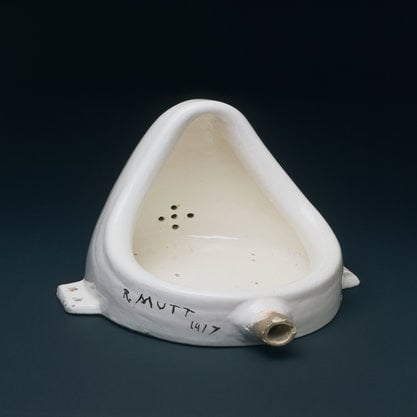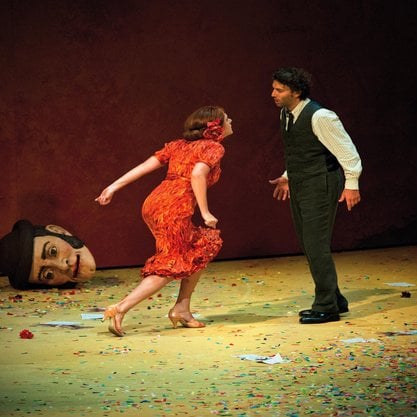Article
Cabaret Voltaire By Greeley, Anne
Article
The Cabaret Voltaire, housed within the Holländische Meierei bar at Spiegelgasse 1, in Zürich’s Niederdorf district, was the original breeding ground for the Zürich Dada movement. Co-founded in February 1916 by the German writer and performer Hugo Ball, and his lover and future wife, professional cabaret singer, and poet, Emmy Hennings, the venue was conceived as an ‘‘artists’ local’’ [Künstlerkneipe] and promoted as a ‘‘centre for artistic entertainment.’’ Its name, however, bespoke a more political objective: so-called after the 18th-century Enlightenment philosopher and aggressive social reformer, Voltaire, who, in his satirical novel Candide, derided the religious and philosophical optimism of the time. The cabaret was thus envisioned by Ball as a modern ‘‘Candide,’’ or stage from which to protest positive appraisals of the unfolding World War I and the ostensibly rational society that had produced it. On its opening night, February 5, 1916, the cabaret drew future Dadaists as well as core cabaret performers Marcel Janco, Tristan Tzara, and Hans/Jean Arp, who were soon joined by Richard Huelsenbeck at Ball’s behest.




